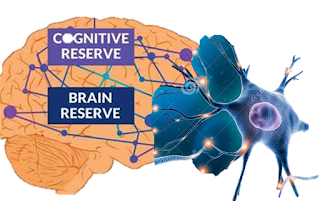The Housing & Retirement Puzzle

Retirement is no longer about slowing down—it's about shifting gears. Gone are the days of working a 9-to-5 job for four decades, followed by a quiet life of leisure. Today’s retirees are embracing flexible work arrangements, phased retirements, and mini-retirements—all while seeking communities that support an active, engaged, and financially sustainable lifestyle. But there’s a problem: housing. A severe shortage of homes in desirable areas, coupled with soaring prices, is forcing retirees into difficult choices. The intersection of housing policy and retirement trends is reshaping how and where people age, creating both challenges and opportunities. Research shows that retirees in well-designed active lifestyle communities report higher satisfaction levels - 93% compared to the 73% average [1]. These communities prioritize connection, wellness, and engagement, offering fitness centers, social clubs, and easy access to everyday conveniences. But despite their appeal,...



